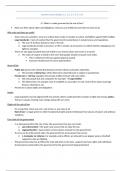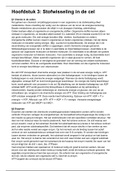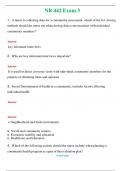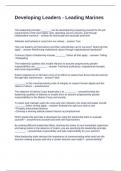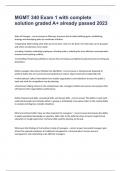Samenvatting
Summary Social Studies Getting To Know Dutch Society 2.1, 2.2, 2.7, & 3.1-3.6
Een zeer uitgebreide samenvatting (11 pagina's, 4724 woorden) van paragraven 2.1, 2.2, 2.7, & 3.1-3.6 van het boek Getting to know Dutch Society voor het van Social Studies. Gebruik deze samenvatting om makkelijk te leren, en daarna een goed cijfer te halen! Voor vragen over deals, inhoud of...
[Meer zien]
